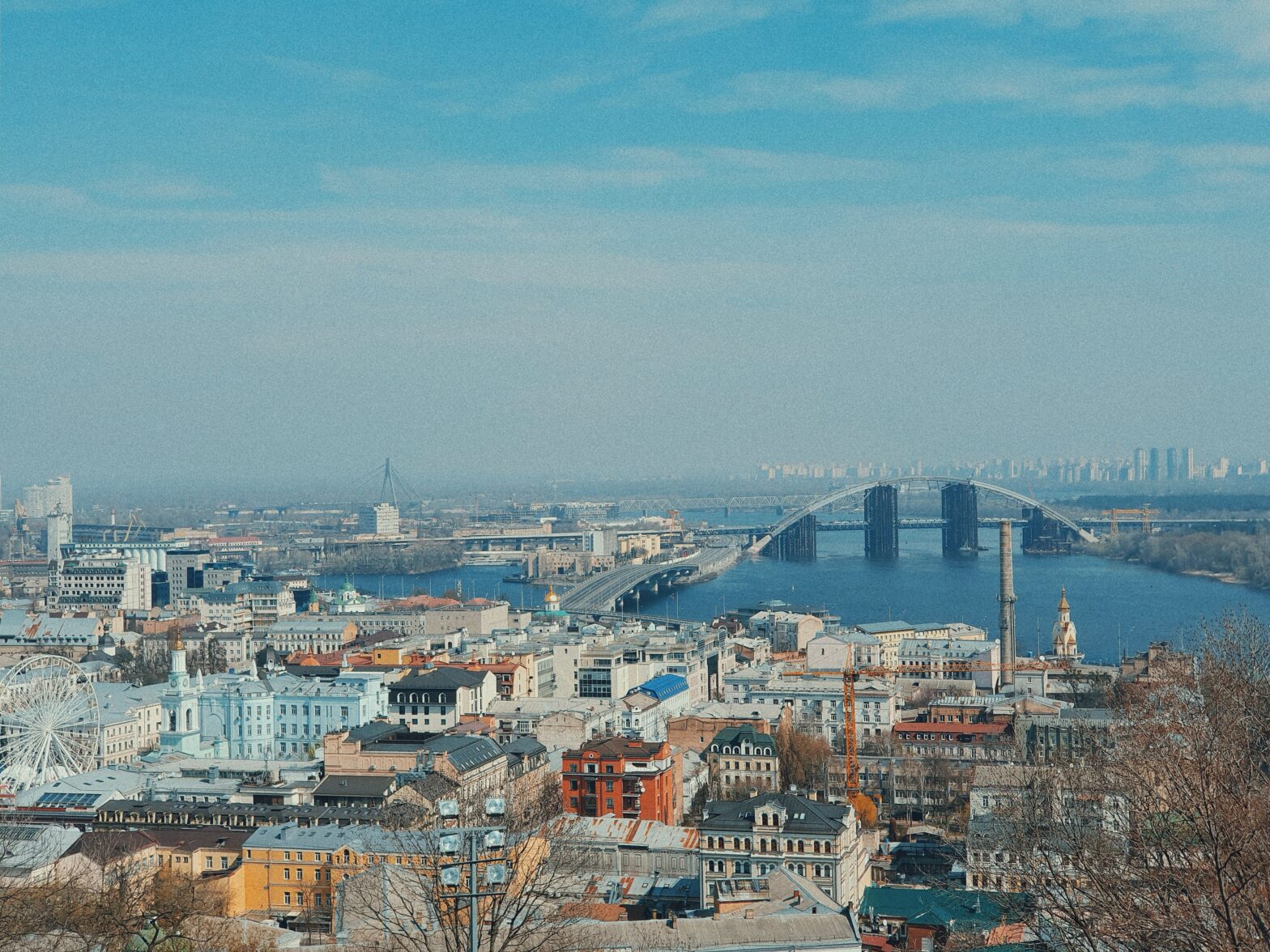3 March 2022
The Dictator’s Dilemma
Transfers of power.
By John Watson

We all know that public opinion is a changeable thing and fluctuates to and fro but the issues around how the disaster in the Ukraine could have been avoided are so difficult that as the invasion became imminent the views of a single observer could swing from one extreme to another and back again in a matter of seconds. And not swing like a weathercock either, those swing in response to a change in the wind, or adapting the analogy to present circumstances to a change in incoming information, but here it was easy to take a view, think about it, realise that it was probably wrong, modify it, change it again, remodify it and to continue round the circle indefinitely without coming to a clear conclusion.
Imagine yourself in bed last week. It was three in the morning and, as a result of overindulgence, going back to sleep was impossible. Reading was out of the question too as it would have meant turning on the light and waking the spouse, so you were thrown back onto your own thoughts and, like those of the rest of world, they centred on the Ukraine, turning gradually from concern for the brave Ukrainians to wondering how it might all have been avoided. Where have you started? With the basic principle perhaps. Since the breakup of the USSR the Ukraine had been an independent nation and so shouId be able to join the EU, NATO or any other organisation which its democratically elected leadership may select. Quite so. End of story. Go to sleep.
But though the spirit may have been willing the digestion was weak, so the mind started to slide round to other viewpoints. Like any country, Russia is concerned about its security so was the possible extension of NATO around its borders more than its paranoid rulers could have been expected to handle? After all, the US wasn’t prepared to accept missiles on Cuba in the 60s, so was this just part of the same thing? But that argument cannot stand alone. Why is Russia so paranoid and why does it regard NATO as a threat? Have we, following the collapse of the USSR, failed to bring it sufficiently into the Western world and ungenerously left it out to dry, humiliated, excluded and resentful? Has the West made the same mistake as was made at Versailles, albeit on a much smaller scale? Should we have taken more trouble to bring Russia into our world? Perhaps. Have some bicarbonate of soda. Go back to sleep.
But it was no good. That last slice of cheese was one too many, so round you went again. What happened when we did bring them into our world? The money which came in was tainted by its origins and. although the City greedily embraced the flow, it undermined the probity of the institutions which handled it until critics talk of Laundromat London. Germany which buys so much of their gas is likely to find its dependence used as a weapon against it. Russia has become a haven for computer hackers. In so many ways they play by different rules there. Even their participation in the Olympics has been infected by the poison of officially sponsored drug use. Maybe after all we should have kept them more at arm’s length, relied on international rules to keep the peace, the rule for example that sovereign nations should be able to plot their own course. But that didn’t work in the face of their insecurities and paranoia… Damn, I think we have been here before. Bother that cheese.
A week of fighting has done much to clear the mind. No one can watch the courage and unity of the Ukrainians without being convinced that they should have the right to determine their future and that beside that central tenet, questions of what could have been done better become insignificant and unimportant. So does that make matters more straightforward?
In relation to the past perhaps but what about the future? It is doubtful whether Putin can have envisaged things getting to where they are now, setting his armour against a population in arms, but however that may be he has probably crossed his Rubicon. There is a moment in an autocrat’s career when a peaceful and honourable retirement, of the sort enjoyed by Gorbachev, becomes unachievable because there is simply too much toxic baggage and the question then becomes how that career is to end. If disgrace and show trials are to be avoided there are only two options: to flee into exile in a friendly country or to hold onto power indefinitely. As the former becomes more difficult the latter becomes the only route and at that stage the struggle to avoid regime change has to be fought to the finish, probably against his own citizens. And meanwhile the autocrat becomes older, madder and more dangerous, particularly if he has nukes and chemical weapons at this disposal. Can you see a scenario in which short of death or a debilitating illness Putin will surrender power? No, no more can I. Or any of the other extreme dictators like Kim Jong Un, for example? Look at the tenacity with which Donald Trump tried to hold on to the Presidency, multiply it many times over and reflect how dangerous the declining years of the great dictators really are. You will not need cheese to keep you awake at night after that.
Tile photo: by Hristo Sahatchiev on Unsplash


